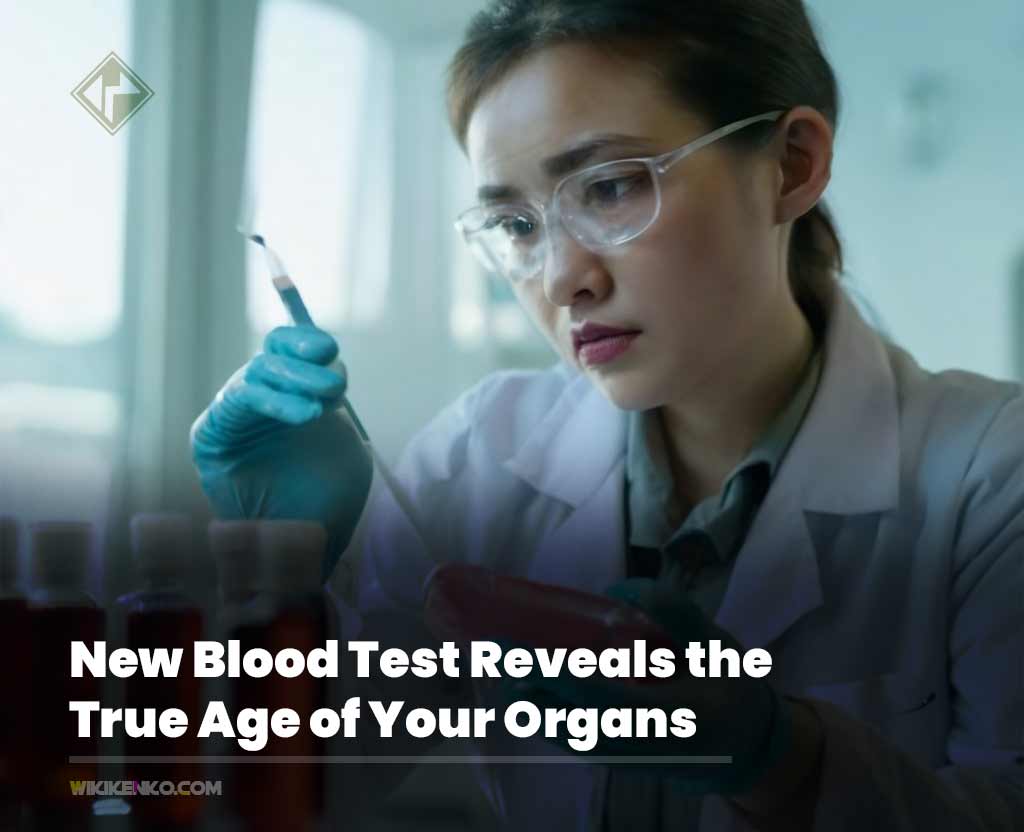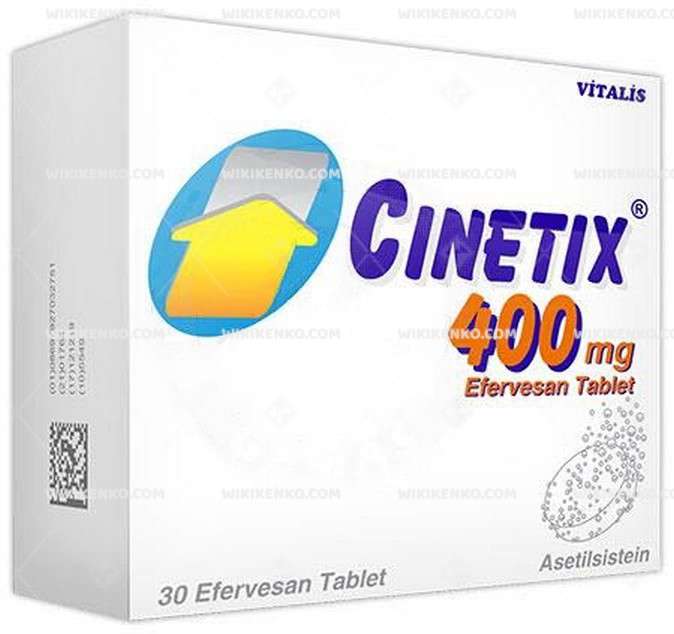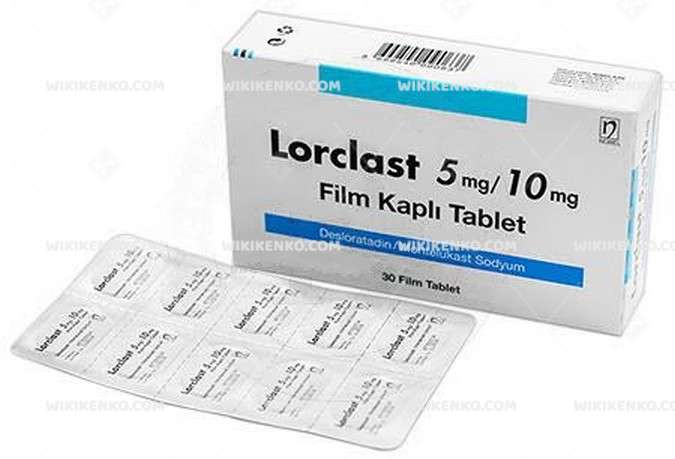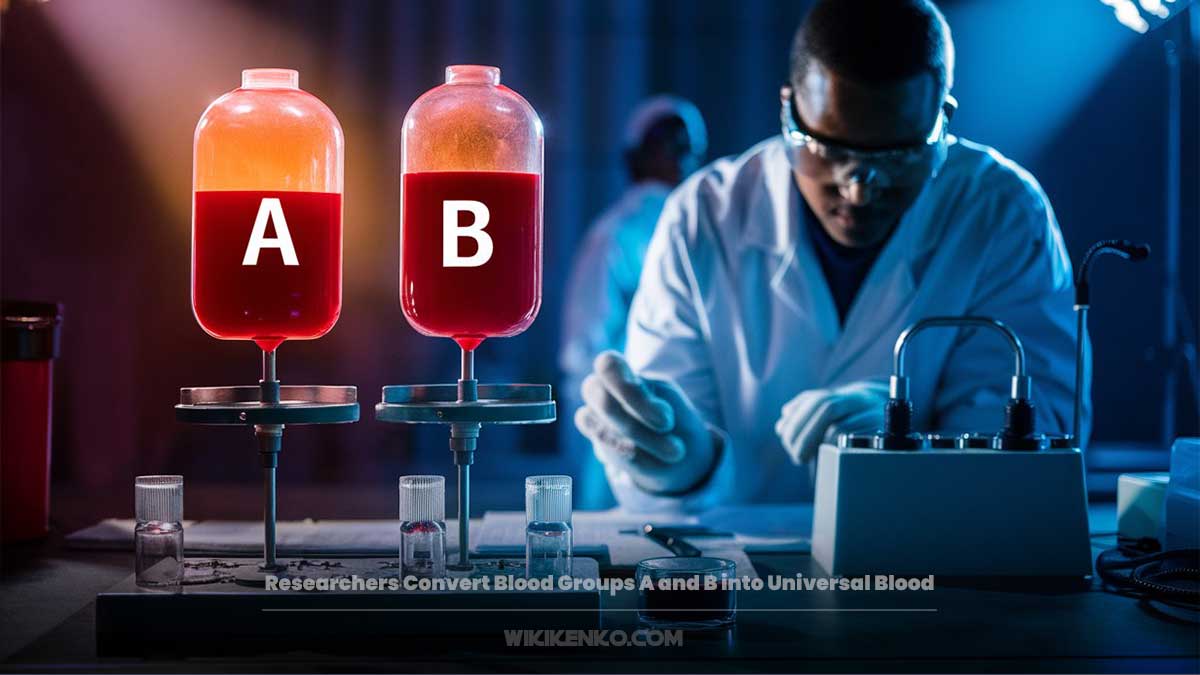Calculating a person’s chronological age is a straightforward yearly task. However, determining their biological age is a more intricate process. Depending on lifestyle and various factors, our organs age at different rates. Researchers have now developed a test that can reveal the age of your heart and other organs.
Internal Age Discrepancies
How old are we internally? A novel blood test unveils the ages of our various organs. This is crucial because not all organs age at the same pace as the rest of our bodies.
Study Findings
According to a study published in “Nature,” approximately 20% of individuals over 50 have at least one organ that has aged more than it should, as indicated by specific protein levels in the blood.
This, in turn, increases the risk of developing organ-specific diseases or dying from them by up to 50%, as reported by the team.
Organ-Specific Age Variations
As we age, our biological age doesn’t always align with our chronological age. Depending on genetic predisposition, lifestyle choices, and environmental influences, our tissues, organs, and cells undergo more or less rapid changes. Additionally, the rate at which individual organs age is not uniform.
Methodology
While the liver stays youthful throughout our lives due to its rapid cell regeneration, our brain cells can surpass 100 years. However, determining the age of each organ in our body was previously only possible through elaborate tissue samples.
Proteins in the Blood
Proteins in the blood make it possible: Study reveals the age of your organs This has now changed. Researchers led by Tony Wyss-Coray from Stanford University have developed a method to determine the age of eleven different organs solely based on a blood sample. The starting point was the notion that as organs age, their gene activity changes, affecting the production of specific proteins.
“We suspected that quantifying such organ-specific proteins in blood plasma should minimally invasively provide information about the aging of each organ,” explained the team.
Study Process
For their study, researchers initially measured the content of 4,979 different proteins in blood samples from 1,400 healthy individuals of middle to older age. They then identified which proteins originated from which organs.
“We considered the proteins as organ indicators produced four times more in one organ than in all others,” explained Wyss-Coray and his colleagues. Overall, the team identified 858 of these organ-specific proteins in human blood.
Artificial Intelligence Integration
In the next step, scientists employed artificial intelligence, training it to recognize age-specific differences in the amount of various organ proteins. “We limited our analyses to eleven organs whose contributions to age-related diseases are well-studied,” said the team.
Identified Organs
Specifically, these organs were the heart, lungs, kidneys, liver, muscles, pancreas, brain, blood vessels, immune system, and adipose tissue. The team then used this AI to determine the organ age in around 4,000 more individuals based on blood values.
Prevalence of Premature Aging
Study shows: Many people have at least one prematurely aged organ The result: “With this method, we can determine the biological age of individual organs in a person,” says Wyss-Coray. The data confirmed that the organ-specific age can significantly differ both among people of the same age and between different organs.
While a certain range is normal, there are cases of markedly prematurely aged organs, as reported by the team. This occurs when an organ is more than one standard deviation older than the average organ age in people of the same age.
Specifically, almost 20% of all people over 50 have at least one organ significantly older than the rest of their bodies. One in 60 people even has two prematurely aged organs. However, which organs are affected can vary widely. For about two percent of participants, the heart was several years older than it should be, while for others, the kidneys, lungs, or vascular system were affected.
Potential consequences: Increased risk of disease and premature death But what are the consequences if one of our organs has aged prematurely? Wyss-Coray and his team determined this based on the health trajectory of their participants since the blood samples were taken around 15 years ago.
Consequences of Premature Aging
It turned out that “people with one or more prematurely aged organs have an increased risk of developing an organ-specific disease in the next 15 years,” Wyss-Coray reported. The risk of premature death also rises, by 20 to 50%, as determined by the team.
Organ-Specific Risks
For example, individuals with a prematurely aged heart are two and a half times more likely to die from a heart attack or other cardiac conditions than those with a normally aged heart. If the brain has aged prematurely, there is a 1.8 times higher risk of developing dementia in the next five years. Similar associations exist for prematurely aged blood vessels, as reported by the researchers. There are also very clear connections between a significantly aged kidney and high blood pressure, as well as diabetes.
Promising Future
“Results are extremely promising” According to the scientists, such a blood test opens up new possibilities for detecting disease risks earlier and taking timely action.
“By examining the state of individual organs in seemingly healthy people, we could identify organs that are aging prematurely,” said Wyss-Coray. “We could then treat these individuals before they get sick.” However, the blood test still needs testing on additional, larger groups of people before being implemented in clinical practice.
Expert Perspectives
Researchers not involved in the study share a similar perspective: “The development of minimally invasive biomarkers that provide information about the risk of complex diseases such as Alzheimer’s is of utmost importance,” comments André Fischer from the German Center for Neurodegenerative Diseases (DZNE) in Göttingen.
Conclusion
“The authors’ results are extremely promising, although they do not yet represent a predictive blood test. Instead, the presented data are an important building block for developing protein-based blood tests for early disease detection.”
Considerations for Implementation
Additionally, “since the measurement is still relatively expensive, it would need optimization for use in clinical practice,” explains Joris Deelen from the Max Planck Institute for Biology of Aging in Cologne. Nonetheless, the results are fascinating, and the creation of organ-based age scores is an innovative method for examining the aging of individual organs. (Nature, 2023; doi: 10.1038/s41586-023-06802-1)
Original source: This information was Initially covered by focus.de and has been translated for our readers.










